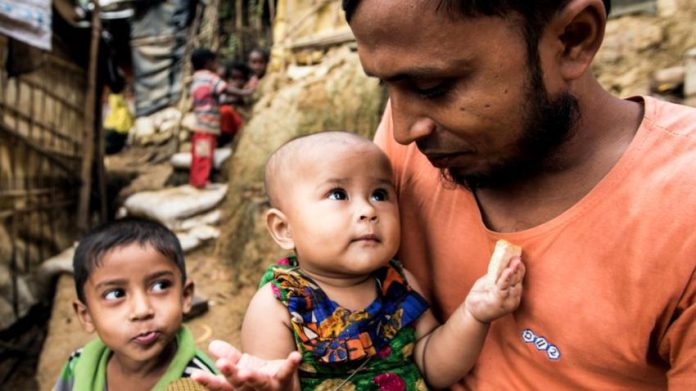Global Compact on Refugees
On 17 December 2018, the United Nations General Assembly approved the Global Compact on Refugees, a framework for more predictable and equitable responsibility-sharing, recognizing that a sustainable solution to refugee situations cannot be achieved without international cooperation.
UNRWA
The United Nations Relief and Works Agency for Palestine Refugees in the Near East (UNRWA), was mandated by the UN General Assembly in 1949 to provide services to registered Palestine refugees in the Middle East. When the Agency began operations in 1950, it was responding to the needs of about 750,000 Palestine refugees. UNRWA is a direct service provider, delivering primary and secondary education, health care, relief and social services, camp infrastructure and improvement, microfinance, and emergency aid to Palestine refugees, now numbering 5 million, in the Agency’s five mandated areas of operation: the Gaza Strip, West Bank, including East Jerusalem, Jordan, Lebanon and Syria.
UNRWA mandate
Definitions of refugees under the 1951 Refugee Convention and of Palestine refugees per the UN General Assembly are complementary.
For UNRWA’s mandate, ‘Palestine refugee’ relates to people whose normal place of residence was Palestine between 1 June 1946 and 15 May 1948 and who lost both home and means of livelihood as a result of the 1948 conflict. Palestine refugees and their descendants can register with UNRWA to receive services in UNRWA’s mandated areas of operation.
UNRWA has not changed and cannot change its mandate. That is the responsibility of UN Member States. These Member States, through the UN General Assembly, have tasked UNRWA to provide assistance and protection to Palestine refugees until a just and lasting political solution is found that addresses their plight.
Political solutions are difficult, which is why there remain, globally, a number of protracted refugee situations whereby successive generations continue to be recognized as refugees. The General Assembly continues to determine the necessity of UNRWA’s work in the absence of a just resolution of the question of Palestine refugees. In the absence of UNRWA, Palestine refugees would still exist.
Descendants of refugees retain refugee status
Under international law and the principle of family unity, the children of refugees and their descendants are also considered refugees until a durable solution is found. Both UNRWA and UNHCR recognize descendants as refugees on this basis, a practice that has been widely accepted by the international community, including both donors and refugee hosting countries.
Palestine refugees are not distinct from other protracted refugee situations such as those from Afghanistan or Somalia, where there are multiple generations of refugees, considered by UNHCR as refugees and supported as such. Protracted refugee situations are the result of the failure to find political solutions to their underlying political crises.




